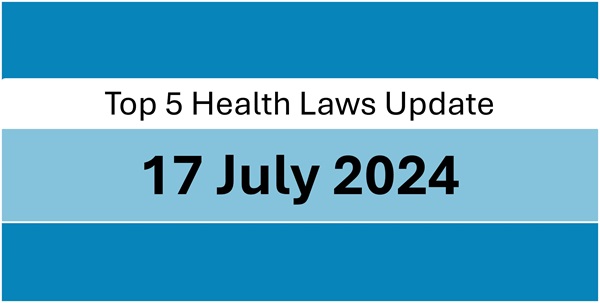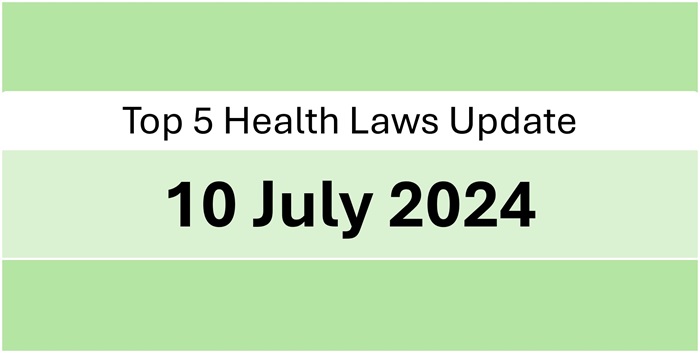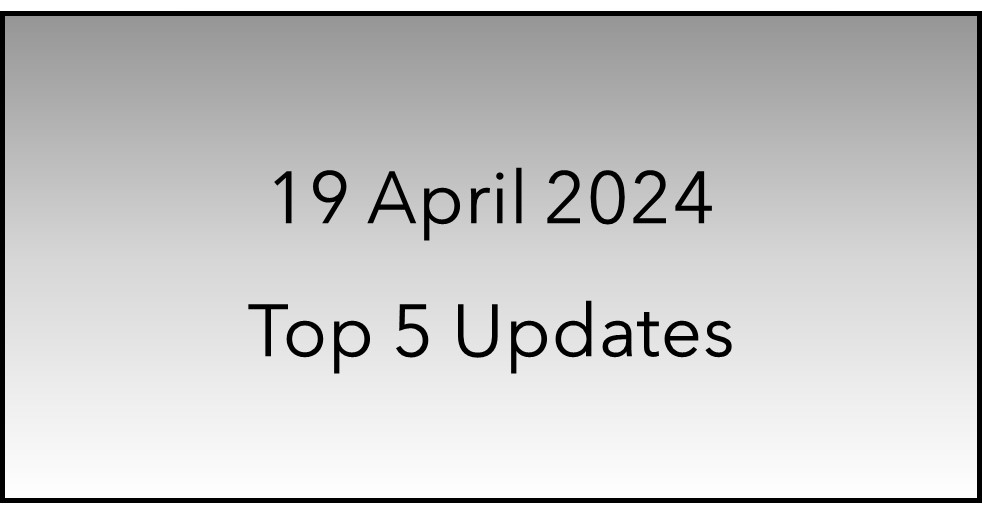1. The Supreme Court ruled that mixing samples collected from contraband contained in various packages after a seizure violates the terms of the Narcotic Substances and Psychotropic Substances Act and the rules enacted under it. The court noted that the statutory rules require a specific procedure to be followed, and the Detecting Officer is obligated to follow the authorized procedure. No one can presume the nature of the substance based on speculations and conjectures.
Source: bit.ly/3zN4yV9
2. The Central Consumer Protection Authority fined a firm selling ayurvedic oil ₹ 10 lakh for violating consumer protection laws on misleading advertisements which claimed relief from joint pain without surgery or physiotherapy while promoting their joint-pain-relieving product.
Source: bit.ly/3W1YJum
3. Following the Central Government’s decision to replace British-era criminal procedure codes with Bharatiya Sanhitas, the Government of India held a meeting with the Drugs Control Officers (India) Welfare Association (DCO India) to change the name of the Drugs and Cosmetics Act, 1940, passed by the British Rulers to ‘Bharatiya Aushadhi awam Chikitsa Upakaran Adhiniyam’. The national conference of Indian drug regulators will hold in-depth discussions on the subject.
Source: bit.ly/3WphadL
4. The National Health Authority (NHA) and the Insurance Regulatory and Development Authority of India (IRDAI) collaborated to launch the National Health Claim Exchange (NHCX), a digital platform for exchanging insurance claims-related information among healthcare and insurance stakeholders. The NHCX will enable seamless interoperability of health claims processing, allowing citizens to track their insurance claim progress via mobile devices.
Source: bit.ly/3xQ9EPX
5. The US Food and Drug Administration (FDA) issued final question-and-answer guidance outlining how it assesses user fees for combination products, as well as the various programs available to sponsors for requesting user fee waivers under the Prescription Drug User Fee Act (PDUFA) and Medical Device User Fee Amendments (MDUFA). The guideline offers background information on combination goods, how the agency calculates user fees for single and multiple applications, and how to request waivers or reductions in user costs.
Source: bit.ly/3y3roHw



